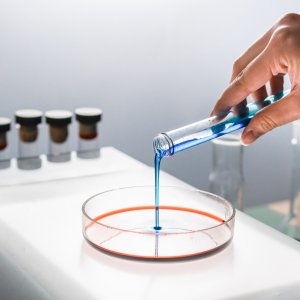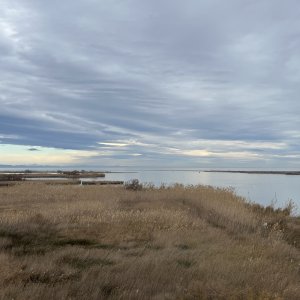In the form of a bar, hot in a cup or in your favorite dessert, chocolate delights young and old alike. They say it is good for the heart, that it is an aphrodisiac, that it lowers cholesterol, and it is also delicious.
Chocolate ice cream, chocolate cake, chocolate crepe... now we can't think of anything else.
Can you imagine it becoming a luxury product?
It may seem exaggerated, but it is estimated that by 2030 chocolate could be as expensive as caviar. We certainly don’t eat caviar every day.
Strawberries with melted chocolate, chocolate bonbons... now it's impossible to concentrate.
Ghana, one of the most chocolate-producing countries in the world, has already alerted us. The key factor for us to continue to have our beloved food is, basically, the climate.
Climate change is a reality, we all know it, and cocoa is a plant that needs very special conditions to grow. We already have the warning that in a few years, and only because of the increase of 1 degree of temperature, Ghana and Ivory Coast will lose a lot of land for their crops. Why should we care about this fact? Because these two countries produce half of the cocoa consumed in the entire world. And that's a lot, a lot of chocolate.
Chocolate mousse, chocolate coulant, chocolate doughnuts…
Can this situation get worse?
It looks like it can. With the 2.5 degree increase in temperature predicted for 2050, it will be impossible to grow chocolate on the vast majority of land currently used for it. And we already know that this problem will also extend to coffee, since we will have to look for higher lands until there are no cultivation areas at sufficient altitude to produce it.
Coffee and chocolate... Cappuccino... Let's finish writing this article with two more kilos.
As neither you nor we are the only ones who can't imagine a world without chocolate, work has been going on for years to produce laboratory cocoa. One that can match it in taste, texture and, above all, that indescribable something that makes it incomparable.
Although it may not seem to you that climate change affects your daily life, the reality is that it does and its effects will increase over time. Therefore, insisting on sustainability is not a fad, it is a vision to change the way we understand our daily lives, and to ensure that future generations do not learn what chocolate is from history books.
We got really hungry after this. Would you like some hot chocolate?













